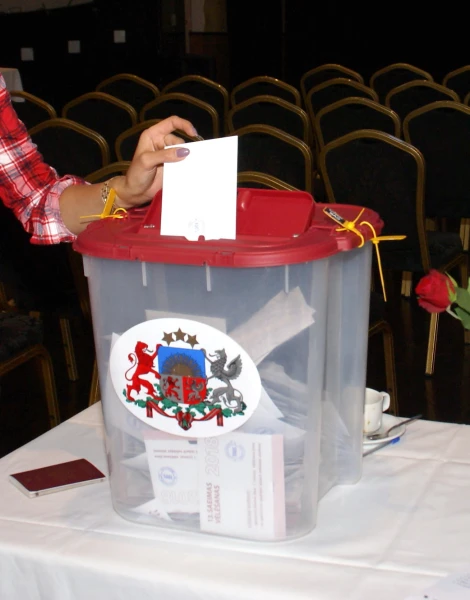
At the end of last week, a certain kind of political mini-sensation occurred. Quite well-known people in society, primarily theater director Alvis Hermanis, announced the creation of a political movement with the symbolic name "Without Parties."
The sensation lies precisely in the title – the founders of the political movement are essentially proposing... a revolution in Latvia's electoral system!
Break the System
Namely: parties will essentially cease to exist, and the Saeima will be elected on a majoritarian principle, that is, by single-member districts! How all this will happen and how it will work afterwards, the authors of this idea have not yet fully envisioned.
The founders of the movement are the renowned director Alvis Hermanis, entrepreneur Armands Broks, priest Peteris Sprogis, economist Guntars Vitols, and independent deputy Didzis Šmits.
The goal of the movement is to effectively break the existing electoral or, if you will, even political system.
But let's take it step by step.
A Background Suitable for Change
Let's start with the fact that the initiators of the electoral revolution have quite accurately calculated the timing for launching their "bomb." Firstly, we see that from election to election, voter activity only decreases – people do not believe in the possibility of change, in the ability to influence anything. It is no coincidence that a significant number of voters vote "for the lesser evil!" Just think about it: usually, at least 13 parties participate in elections, but voters dream not of improving life after the elections, but simply that it won't be worse than before the elections!
Secondly, trust in the party political system is extremely low, and the Siliņš government is breaking all records for unpopularity.
Thirdly, the economic situation, to put it mildly, is not very bright...
In general, discontent is only growing, and this creates the "necessary" background for such an electoral revolution. People are indeed "tired" of the multitude of parties that often have no coherent ideology and represent certain economic groups.
It should be noted that attempts – mainly "verbal" – to reform the electoral system have been made before. But they were not as radical – for example, it was proposed to switch to the "Lithuanian variant": a mixed system where half of the deputies are elected from single-member districts, and the other half from party lists.
Single-Member Deputies
The founders of "Without Parties" propose to elect only single-member deputies to the parliament. This immediately raises a number of questions. Can you imagine that 100 single-member deputies are elected to the Saeima, who are not connected to each other, are not backed by any parties, and are de jure and de facto accountable only to the voters?
How will they negotiate with each other? Will chaos reign if the deputies cannot form a majority group to at least approve the government? Who will nominate candidates for ministers? Are we not facing a prolonged political and economic crisis if the single-member deputies quarrel and do not adopt the budget for the next year?
Parties Are Not Mentioned in the Constitution
Supporters of the "abolition of parties" refer... to the Constitution! And indeed, there is not a word about parties, party lists, let alone the ruling coalition and coalition council in the Satversme. This means that to change the electoral system, it is not necessary to amend the Constitution – it is enough to change the law. However, in the history of parliamentary democracy in independent Latvia, parties or groups of voters have always been present – otherwise, it is hard to imagine how to ensure the legislative process in a parliamentary republic where the Saeima truly decides everything.
Yes, the last Supreme Council, elected before the restoration of independence – in early spring 1990 – consisted solely of single-member deputies, of which there were as many as 201! But behind the overwhelming majority of candidates stood one of two political blocs – effectively parties: the People's Front and the Interfront. After the elections, a de facto two-party system emerged in the Supreme Council... So even then, there were no parties.
Does this mean that Hermanis and Co.'s idea is utopian and that the current electoral system is optimal and needs no changes? Not at all!
Let's Have a "Mixed" System?!
Perhaps, for the sake of revitalizing and shaking up the political system, it would indeed be beneficial to switch to a mixed electoral system, that is, 50 deputies elected from party lists and another 50 deputies from single-member districts. This would increase the interest of citizens in the elections, as they would know their candidates personally, and the candidates would know who their voters are and who would hold them accountable for unfulfilled promises.
But it is equally important, or even more important, to switch to a popularly elected president. It is not necessary to greatly expand his powers – although it would be logical to grant the head of state the right not only to propose (name) the prime minister's candidacy, as provided for in the Constitution, but also to express distrust towards the prime minister.
It is clear that changes in the clearly stagnant political system are necessary, but not as naive and utopian as proposed by the founders of the "Without Parties" movement.
Late or Planning Something?
And it is generally unclear where these gentlemen... have been before. After all, they knew perfectly well that only the party established at least a year before the elections could participate in the upcoming Saeima elections.
Yes, they can try to initiate a referendum on this electoral reform, but the authors of the "revolution" must understand that the chance of launching a referendum is minuscule – collecting the nearly 155,000 signatures of voters required for this is practically impossible.
Therefore, most likely, Hermanis and Co. will go... the old route, which in previous years was often taken by other public figures who used an already existing party! For example, a party belonging to independent Saeima deputy Kiršteins and economist Guntars Vitols, who just joined Hermanis's group on electoral system reform. We are talking about the party "People. Land. Statehood."
Of course, to claim anything, they will need to change the party's name and start actively promoting it. There is still plenty of time for this – the elections are only at the beginning of October next year. It is obvious that the group under the code name "Without Parties" wants to repeat the success of other "people's protest" projects – let us recall Repše's entry into politics with his call to the people to "raise a million lats for a new party," let us remember Gobzems with the protest party KPV.LV...
Yes, these were short-term projects, yet they worked! In Repše's case, it worked a hundred percent – he became the prime minister and for some time determined the life of the country.
Even if the group "Without Parties" ultimately fails to carry out a revolution in the electoral system, it will still help to stir our political swamp and start serious discussions about at least some reform of the electoral system!

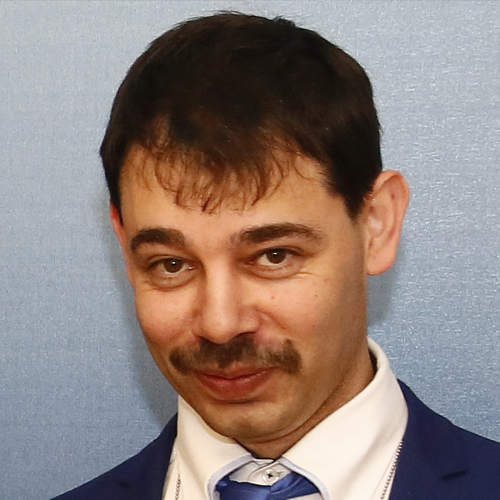



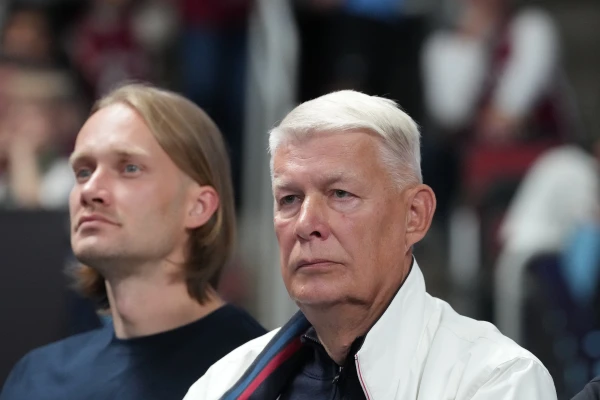
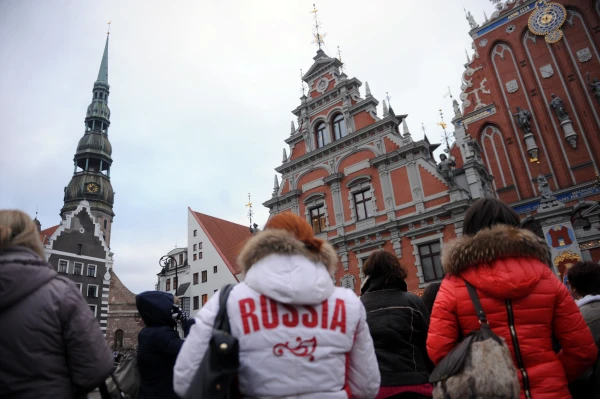
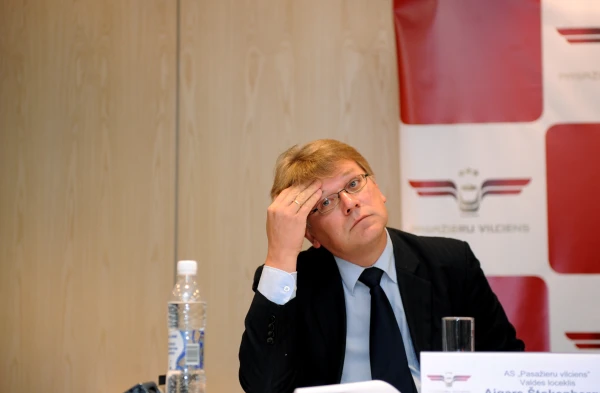
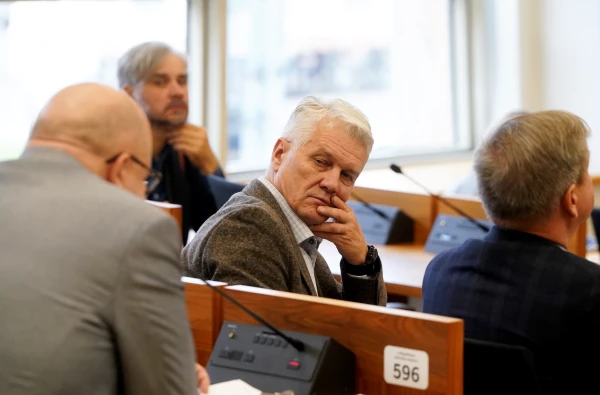
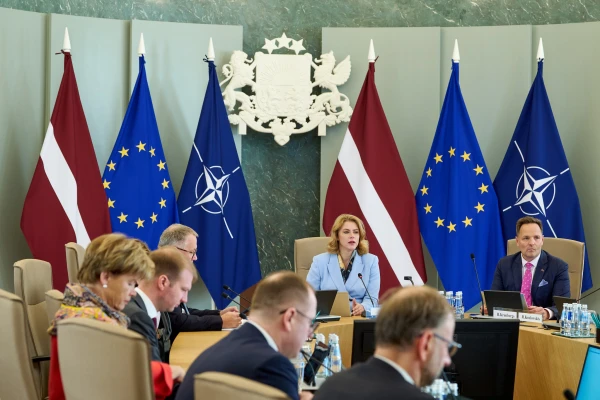






Leave a comment